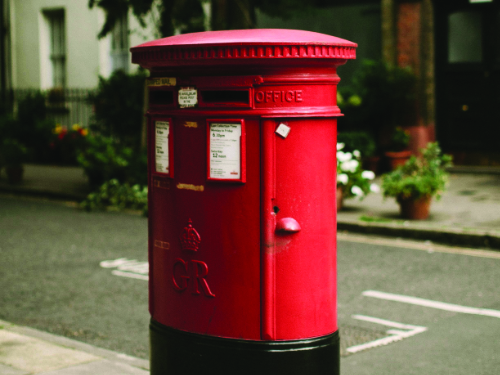
Postal votes are an increasingly vital part of the turn out in local elections.
For us as campaigners, we can use this knowledge in two different ways. First, by recruiting our supporters onto postal voters (in particular those supporters who don’t always vote), and secondly by targeting our campaigning at those who have a postal vote.
John Swarbrick, who analyses voting patterns, says; “Postal voting has grown considerably over the last decade or more. It is now often a crucial factor in local elections, and even more so in local by elections.”
“We won’t know the full PV turnout for the 2024 local elections for a couple of months, but we do have the figures for 2023’s local elections:”
- Voters with a postal vote – 20.5%
- Postal voter turnout – 67.2%
- Non postal voter turnout – 27.7%
- Postal vote share of all cast – 35.8%
“While there is considerable local variation in the number of people registered, turnout is always higher amongst postal voters. In local by elections, around 45% of votes, on average, come from postal voters in our latest statistics.”
Sam Darragh, Organiser for the successful Portsmouth Lib Dem Team says: “Postal voters are crucial to our winning campaigns. It is the postal votes that often get us over the line in hotly contested wards. We have spent years encouraging our supporters to get postal votes. Once on, we can target them for extra campaigning. We also run a 2-3 day Get Out The Vote operation for postal voters.”
When should you target to get a postal vote?
Crucially, and unsurprisingly, it is our supporters who you should get onto a postal vote. It is a good activity to do over the Summer and the Autumn. This year, with the General Election in the offing, could prove an especially successful time to run a PV recruitment campaign.
Reminding people of the importance of the election and asking them if they want to avoid risking not being able to vote due to unforeseen circumstances is likely to be an effective message.
- ALDC provides templates for postal vote recruitment campaigns here.
- There is also a programme of direct mail bulk buys available here.
Please do note that the law around postal votes has been updated:
- Postal vote application forms must have a return address to the council as the primary one.
- Any postal vote application forms gathered by campaigners or the party must be submitted to the council within two working days.
- Campaigners must not handle completed voting packs.
However, you can now apply for a postal vote online, allowing local teams to use their email lists to promote postal voting. The link to apply online is here.
Who should you target to get a postal vote?
Connect enables us to produce targeted lists for recruitment to postal votes. It is here when collection of marked registers becomes especially useful. Those who support us but don’t always vote are the key targets, so the more years worth of marked register information that you have on Connect, the better.
The evidence is that once a low tendency voter gets a postal vote their likelihood to vote increases in line with all postal voters.
“In 2023 I defended my seat against a tough Labour challenge,” says Cllr Gerald Vernon Jackson. “The year before, the Lib Dem majority in the ward had dropped to 38. Over the Autumn, we canvassed what we called the Goldilocks list – those who always said they supported us but hadn’t voted in at least one recent local election. Interestingly, many of them didn’t realise they had missed a vote. We signed up over a hundred postal voters and recruited 8 new deliverers from this group. In May 2023, we say our postal vote rate go up and our majority was over 300.”
How to run the most effective campaign?
The highest levels of recruitment will be achieved if you combine direct mail, email and door-knocking. In particular, door knock those voters with Lib Dem support Voter ID who don’t always vote – they are the key group.
Door knocking may seem a lot of extra effort but it will significantly increase the return rate, and it is an investment for the future. A much higher likelihood to vote will be useful year after year. What is more, talking to your supporters outside an election campaign is always good and should allow more in depth conversations.
Look at ALDC’s Summer of Campaigning to get further ideas on what you can do over the next three months.